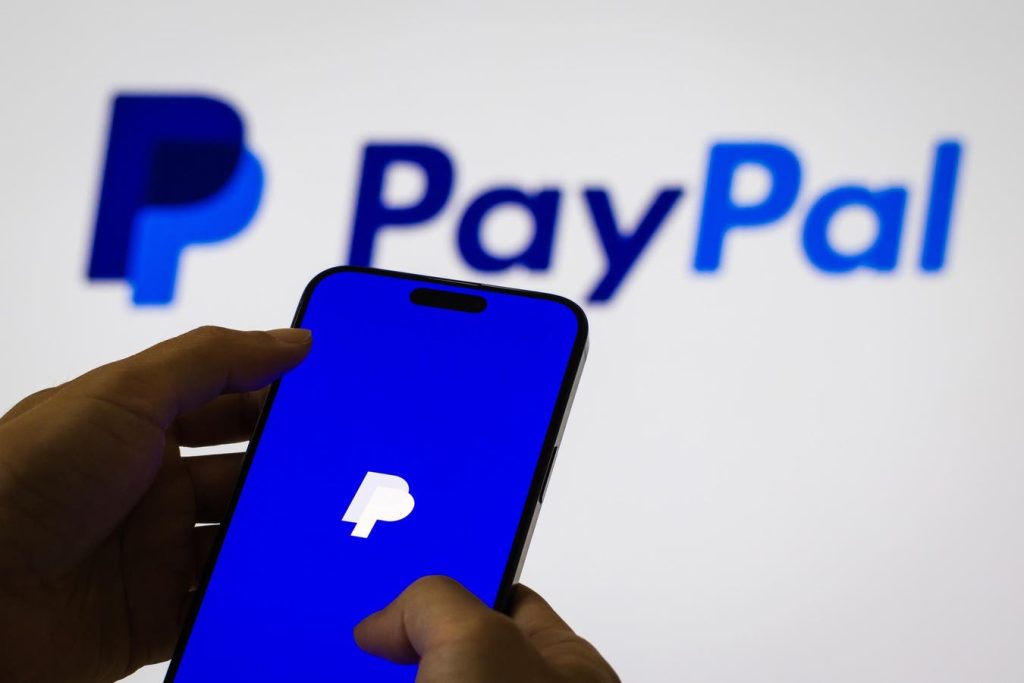A New Breed of Phishing: The "Phish-Free" PayPal Scam Targets Users with Legitimate Features
In the ever-evolving landscape of cyber threats, phishing attacks are becoming increasingly sophisticated, blurring the lines between legitimate communication and malicious intent. A recent incident involving a "phish-free" PayPal scam has highlighted a new level of deception, exploiting genuine platform features to target unsuspecting users. This attack, which targeted even seasoned security professionals, serves as a stark reminder of the evolving nature of online threats and the need for heightened vigilance.
The incident, brought to light by Dr. Carl Windsor, chief information security officer at Fortiguard, revealed a cunning tactic that bypasses traditional phishing indicators. Unlike typical phishing attempts that rely on spoofed emails and malicious links, this attack utilized legitimate PayPal functionality, making it incredibly difficult to detect. The attackers sent emails from a valid PayPal address using a genuine money request feature. The deceptive element lay in the recipient address, which was subtly linked to a free Microsoft 365 test domain controlled by the attackers. This allowed them to send seemingly authentic payment requests to their targets, disguised within a legitimate PayPal framework.
The attack is particularly insidious because it circumvents traditional phishing red flags. The email address, the URLs, and the PayPal interface itself are all legitimate, leading users to believe they are interacting with a genuine transaction. The payment requests, often for modest sums like $2,185.96, are designed to be both profitable at scale and avoid raising immediate suspicion. This combination of legitimate elements and a seemingly innocuous request makes the scam highly effective, even fooling experienced security professionals like Dr. Windsor.
PayPal, acknowledging the evolving threat landscape, has emphasized the importance of user vigilance and education. A spokesperson for the company stated, "As a trusted commerce platform, PayPal takes pride in our work to protect our customers from evolving scams and fraud activity, including this common phishing scam. We encourage customers to always remain mindful online, especially this time of year, and to visit PayPal.com for additional tips on how to protect themselves." The company employs a combination of manual investigations and technology-driven protections to combat fraud, including proactive measures to limit risky accounts and decline suspicious transactions.
Mitigating these sophisticated attacks requires a multi-pronged approach. While technology plays a crucial role in detecting and blocking malicious activity, user awareness remains the first line of defense. Dr. Windsor emphasizes the importance of a "Human Firewall"—individuals trained to be cautious and skeptical of unsolicited emails, regardless of how genuine they may appear. Elad Luz, head of research at Oasis Security, notes the difficulty for mailbox providers in distinguishing these attacks from legitimate communications, highlighting the crucial role of PayPal in addressing this specific threat.
PayPal offers a range of resources to help users protect themselves. These resources detail how to identify fake PayPal emails, prevent unauthorized account access, and report suspicious activity. Key recommendations include remaining vigilant when participating in transactions, especially with unknown parties; avoiding paying unexpected invoices or sharing personal information in response to suspicious requests; changing passwords and contacting PayPal and financial institutions immediately if personal information is compromised; enabling two-factor authentication; and reporting phishing emails to phishing@paypal.com. These precautions, combined with a healthy dose of skepticism and careful scrutiny of all online communications, can help users avoid falling victim to this new breed of "phish-free" scams. As cybercriminals continue to refine their tactics, staying informed and proactive is paramount in safeguarding personal and financial information.


